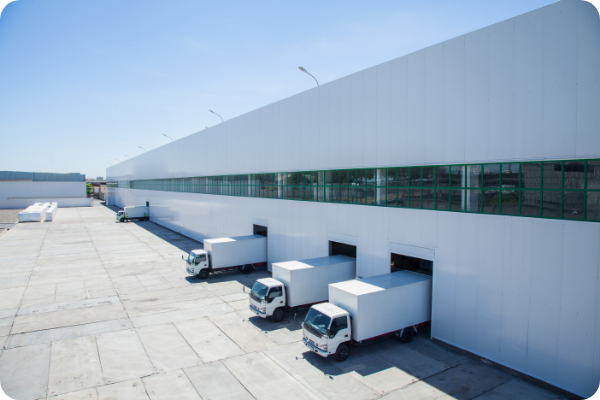The Logistics and Supply Chain Specialists Gideon Hillman Consulting UK, explore the effects of Inflation on consumerism and the logistics industry…
 Grocery prices rose by a record 0.2% in the 12 weeks to 1st January 2017, the first inflation in just over two years; add to the equation the sharp decrease in the value of sterling since the Brexit vote of June 2016 and you are left with an increase in the cost of imported goods. Increases which food suppliers, logistics firms and wholesalers have ultimately been forced to pass onto the consumer.
Grocery prices rose by a record 0.2% in the 12 weeks to 1st January 2017, the first inflation in just over two years; add to the equation the sharp decrease in the value of sterling since the Brexit vote of June 2016 and you are left with an increase in the cost of imported goods. Increases which food suppliers, logistics firms and wholesalers have ultimately been forced to pass onto the consumer.
With the costs of raw materials and goods leaving factories on the increase, thanks to higher oil prices and the weakened pound; rising food and fuel prices are putting pressure on firms operating within the UK supply chain.Left with a weak pound making imported goods from overseas more expensive, what effect is inflation having on consumerism and the logistics industry?
Many supermarkets have come to recognise that countless promotional product offers prove to be more of a hindrance than helpful to consumers and are often conducive to nothing but an increase in food wastage. Identifying that the increase in food and fuel prices is shaping consumers’ shopping habits, many ‘bogof’ offers have been ditched. Instead, supermarkets are in favour of offering permanent, every-day low prices all year round for consumers’ staple products.
However, more recently, due to inflation affecting the import costs of certain produce, many regular consumer items including butter, tea and a selection of fresh produce including fruit and vegetables, have risen starkly in price.
Consumers it seems are already being hit with the true cost of inflation and with budgets already spread thinly due to increased grocery and fuel expenditure, it is expected that our supermarkets won’t be the only commodity affected. Additional pressure is predicted for the sectors typically associated with consumers’ disposable income: namely retail, bars and restaurants, and travel and leisure.
Despite supermarkets offering lower priced staple-goods for now, wage growth is expected to remain weak, and looking to the future, it is consequently highly likely that consumers will be required to begin looking for cheaper alternatives as many supermarket produce prices continue to rise.
With predictions forecasting that inflation with continue to grow, the UK Supply Chain will continue to be sorely affected by ongoing increases in fuel prices, as consumers similarly will be, by the increased costs to import produce. Consequentially, it seems that thetransportation and logistics sector will for now, remain potentially jeopardised.
As we wait to see what a future UK trade agreement with Europe might look like, UK suppliers, wholesalers and manufacturers continue to face uncertainty surrounding their European distribution channels, and inflation growth, whilst households have been left strained by this Brexit-induced inflation.














